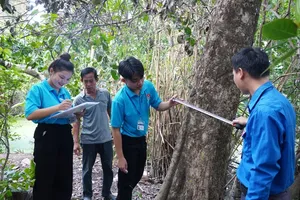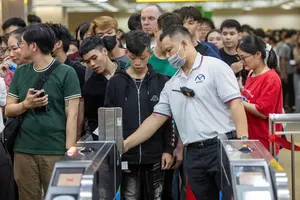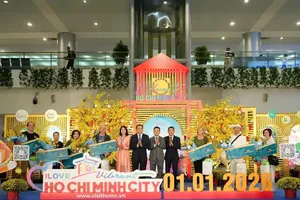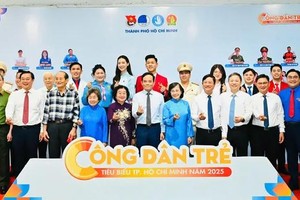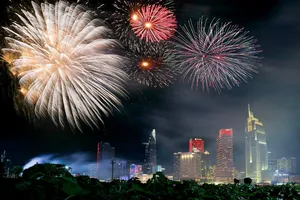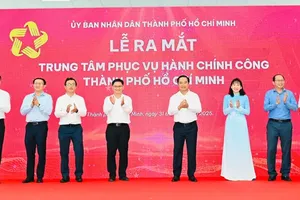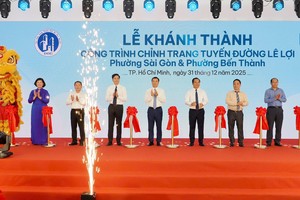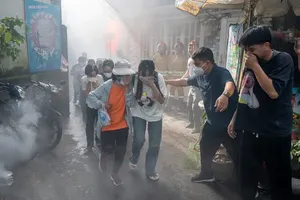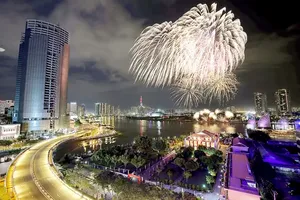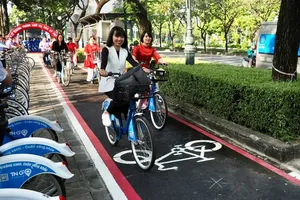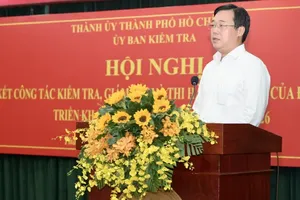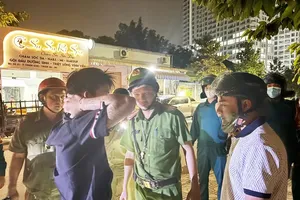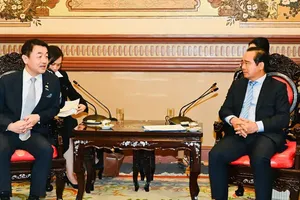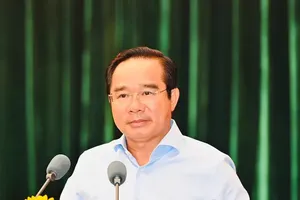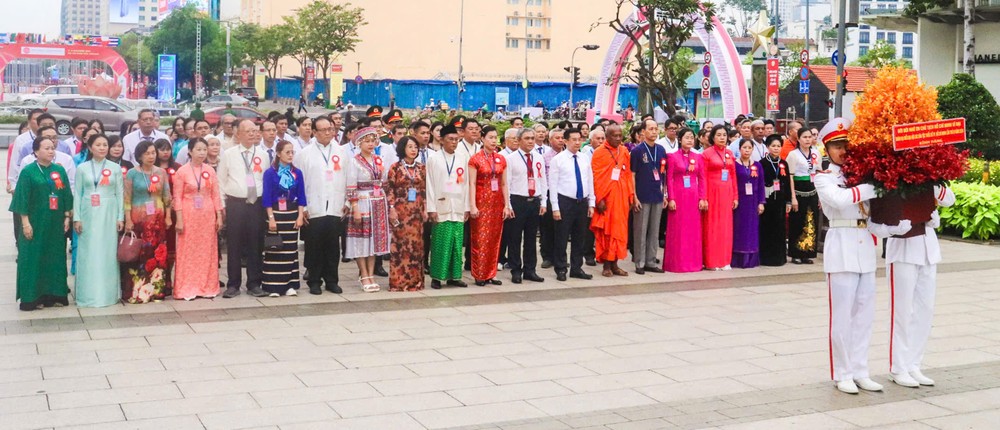
The 4th Congress of Ethnic Minorities was held in Ho Chi Minh City on December 5 and 6, 2024, focusing on the theme of equality, unity, and creativity in fostering a modern and compassionate city. There were 330 delegates attending.
Ho Chi Minh City is home to 53 ethnic minority groups, totaling over 468,000 residents, which represents 5.2 percent of the city's overall population. Among these, three predominant ethnic communities are the Chinese, the Khmer, and the Cham. Ethnic minorities in Ho Chi Minh City have enjoyed a stable and peaceful life in recent years while significantly contributing to the city’s growth and development.
Ho Chi Minh City administrations have implemented many policies to support ethnic minorities such as exemption of tuition fees, support of study costs, preferential credit, vocational training, and job creation.
Ethnic minorities in Ho Chi Minh City consistently place their trust in the Party's leadership, driven by the city's shared accomplishments. They actively engage in various sectors, including economic development, production, investment, consumption, culture, and tourism.
Ethnic minorities also play an active role in social security initiatives, patriotic emulation campaigns, and various programs initiated by the Government, the Fatherland Front, and socio-political organizations.
Since that time, the number of models and representative examples of ethnic minorities has continued to grow, showcasing remarkable and exceptional individuals.
Ho Chi Minh City is home to nearly 1,200 esteemed individuals from ethnic minority groups. These individuals play a crucial role, significantly impacting the ethnic minority community and serving as a vital link between the Party Committee, the government, and the populace. At present, the Ho Chi Minh City Party Committee comprises over 2,700 party members from ethnic minority backgrounds.
Ms. Sho Lymah, a resident of Binh Thanh District, shared her thoughts on the recent policies implemented by Ho Chi Minh City for the Cham ethnic group. She expressed her gratitude, stating that the city has introduced commendable measures to reduce tuition fees and provide assistance to low-income and near-poor students. As a result, all of the children now have the opportunity to pursue their education effectively and can more easily secure stable employment.
Ms. Sho Lymah expressed that she and the Cham community are prepared to collaborate in protecting the environment and promoting the nation's cultural values.
Head Phung Kim Phung of the Fatherland Front Committee of District 11’s Ward 6 emphasized that the Party and State leadership has consistently provided strong spiritual support to the Chinese community, highlighting the importance of disseminating policies in both Chinese and Vietnamese for better understanding.
The ethnic minority community has significantly contributed to the cultural richness and progress of Ho Chi Minh City.
Despite the challenges of globalization, the Chinese, Khmer, Cham, Tay, and other ethnic groups are determined to safeguard their cultural heritage, including languages, costumes and custom.
Ahead of the congress, numerous delegates expressed hopes for concrete proposals that would enable ethnic minority communities to enhance cultural spaces, establish schools for their native languages, and implement programs that foster cultural values.
Most Venerable Danh Lung, Member Secretary of the Vietnam Buddhist Sangha (VBS)’s Central Executive Council, Member of the Vietnam Fatherland Front's Central Committee and Abbot of Candaransi Pagoda in District 3 hoped that the city will allocate resources for exhibitions that showcase the culture, cuisine, and sports of ethnic minorities for visiting tourists. For instance, the Khmer community has a unique sport associated with the river region, exemplified by the Ngo boat racing festival. This highlights Vietnam's rich national cultural innisfreeidentity, represented by its 54 ethnic groups.
